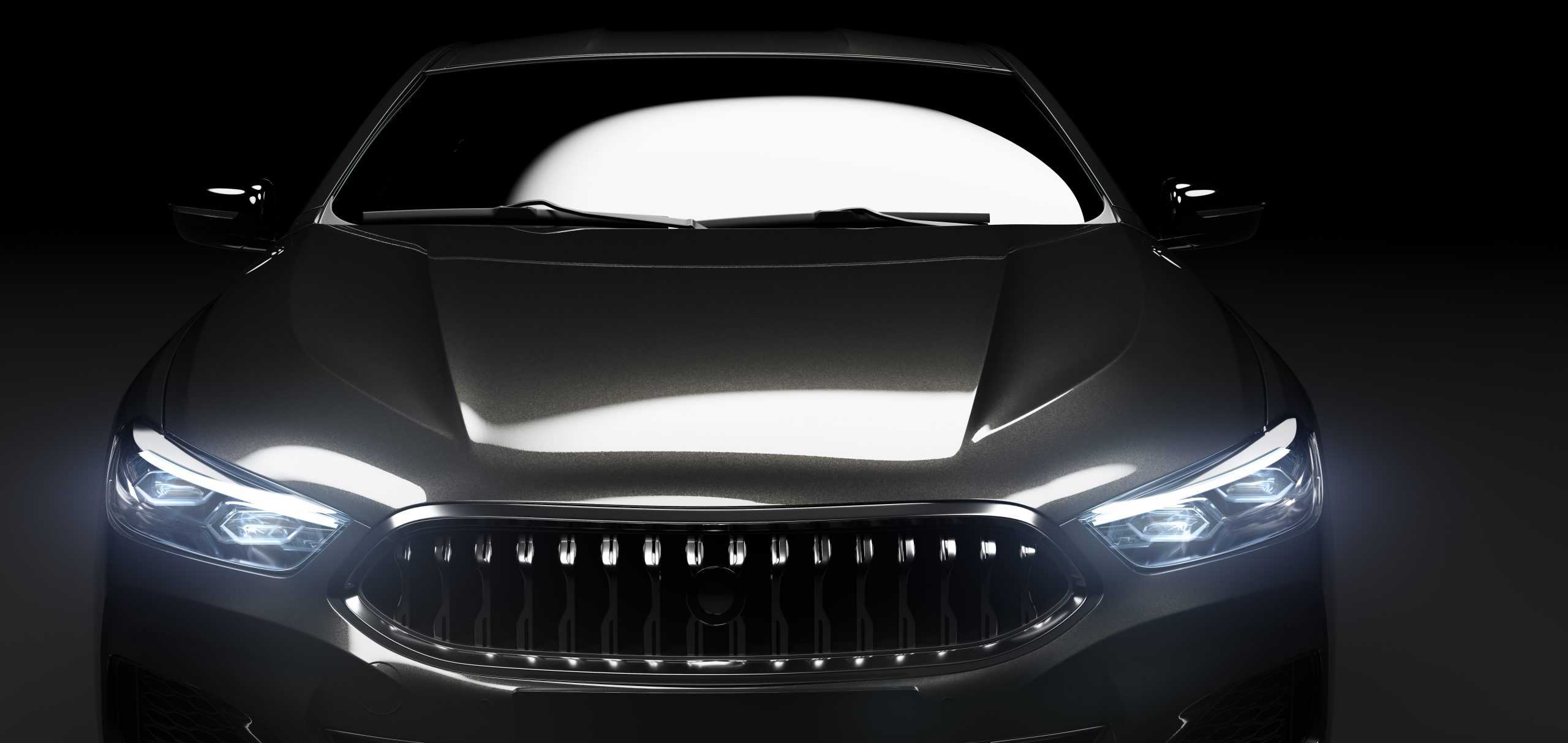Are you a dreamer or a driver of your own success? Part II
According to Roy T. Bennett, “Dreams don’t work unless you take action.”
So – new vs used: In this second and final installment – let’s take a look at some of the pros and cons of buying a used car.
Buying used: The pros
- The price: If you fancy your haggling skills, you could negotiate a great deal on a used vehicle from a private seller. For example, if the car you are looking at has some wear and tear, you can usually use to negotiate the price down.
- Availability: Not too fussed with the trim level or options? Unlike new cars, you can pretty much get your hands on a used car, whenever you are ready.Many new vehicles attract lengthy wait times that can sometimes extend to months.
- Lower prices can mean lower insurance premiums: As used cars are generally cheaper than new versions, you won’t need to insure them for as much, which means lower premiums.
- Resale value: Depending on the year, make and model, you will likely lose less in terms of depreciation, on a used car. This is because the bulk of the depreciation occurs within the first few years of a vehicle’s life.
For example, at the time of writing, a new top-of-the-range Toyota Camry comes in at just over $50,000. You can pick up an equivalent 5-year-old used Camry for around $36,000, roughly a 28 percent discount. - Trade-in convenience: If you currently have a car, you may be able to trade it in, if you are buying your next vehicle from a used-car dealership. This can be convenient and speed-up the selling process. Just keep in mind that it is a good idea to weigh up how much you may be able to get for your car in a private sale, compared to at the dealership – before you trade in.
Buying used: The cons
- Uncertain history: Regardless of the service history, you can never know exactly how the car has been treated, before you buy it.
- You’ll need to do your due diligence: Try before you buy – or at least pay a professional to do so. When buying a used car, it’s a good idea to get it inspected by a qualified professional to ensure there’s no hidden damage.
- Wear and tear: Most used cars have some form of damage. For example, chips and scratches on the paint, faded headlights or marks on the interior.
These may not affect the way the car drives, but it’s up to you to determine what type of imperfections you are content to live or drive with.
Top tips: Ask yourself these questions when deciding on a new or used car
If you’re still undecided as to whether a new or used car would suit your needs, here are some additional thought starters – that may help.
- Will you spend long periods of time in the car? If you need to travel a lot for work, to commute or enjoy road trips, you could be spending large amounts of time in your car.
A new car means a clean and comfortable interior, which could include the latest driver-assist features like a big navigation screen, and safety alert systems to give you peace-of-mind. - Will you park the car outside most of the time? If so, you risk sun damage (like headlight and paint fade.)
A used car might be better in this case, as there’s less depreciation to worry about. - Will your passengers be kids and pets? Although these passengers can be tough on interiors, having the latest safety features can also be really important.
New cars come with the latest safety gear.
- Will you do a lot of stop-start driving in heavy traffic Driving in peak hours can mean a lot of petrol consumption, and be tough on brakes and other wear and tear components.
A new car will mean a full warranty and ideally, capped-price servicing. Newer cars may also offer greater fuel efficiency.
- Will you be carrying large, heavy or bulky cargo? Sports equipment and building supplies for example, can wreak havoc on a car’s interior.
A used car that already has some wear and tear, or is worth less overall, can mean less concern over interior chips and scratches.
- Will the price and running costs match your budget? Do the math. Really consider your budget and future plans; sit down and go over all the expenses and running costs.
Getting a few quotes and knowing your numbers – can really help point you in the right direction when planning for a new or used car.
FIA is also just a click or call away – ready to help you with your investigations and find the best solution to suit your needs.
Simply click here, to start a quote – and see how much you could save.
Information contained in this document is considered to be true and correct at time of publication. In addition, the information provided is general information only, and does not take into account any individuals’ objectives, financial situation and needs. Before acting on any information contained herein, you should consider the appropriateness of the advice having regard to your personal objectives, financial situation and needs.***




 Previous article
Previous article





